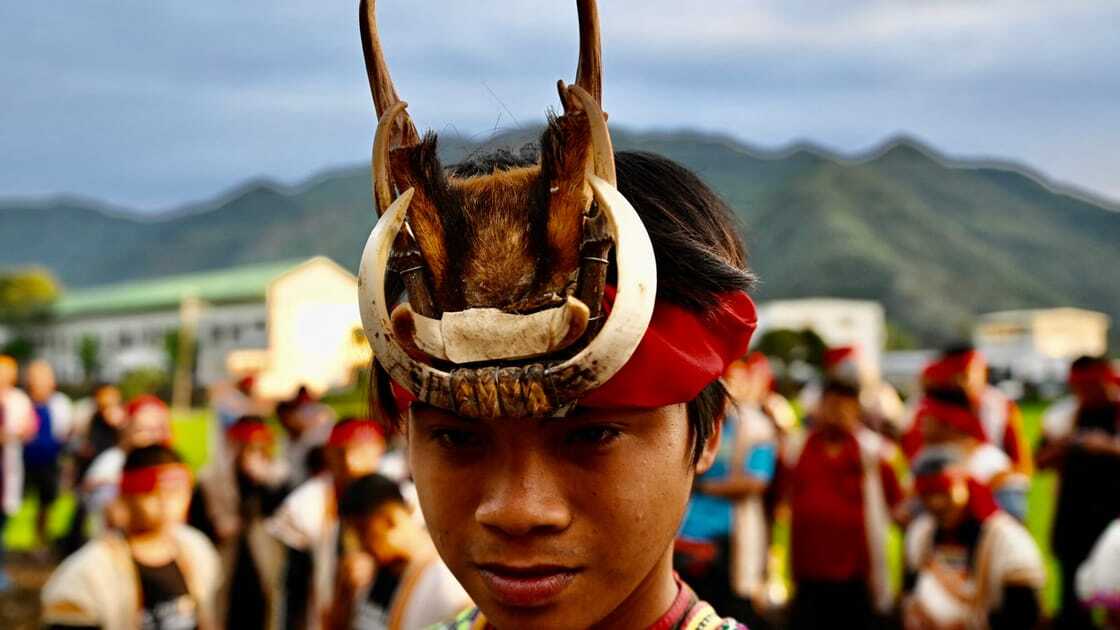By calling for conquest, Xi has made an enemy of the Taiwan’s tribes, which rightfully say their ancestors inhabited the island long before the dawn of the Chinese era.
After the election of Taiwanese President Lai Ching-te in January, political leaders from Beijing to Washington all asserted he’d lean toward what they called “Taiwan’s independence.” And for this presupposed tendency, the Chinese Communist Party and state-controlled media labeled Lai a “destroyer of peace,” vowing that the little island nation’s “reunification” with China was looming.
As a sort of preemptive measure, after Lai’s victory, U.S.-president Joe Biden said that Washington wouldn’t support any sort of declaration of independence, highlighting that his administration seeks to maintain the status quo between the two nations. Biden thereby reiterated the U.S.’s One-China Policy, which “acknowledges” Beijing’s assertion that Taiwan is a part of the People’s Republic of China (PRC) without agreeing to this claim.



Not all colonialism situations are equal. The Israel and Palestine situation is just a particularly messy one. In Taiwan, the colonialism has already happened. The indigenous population is already assimilated with the society of their colonisers. Indigenous rights are a topic of discussion in Taiwanese politics but it isn’t as hot of an issue as Palestinian rights in Israel.
The campaign for indigenous rights in Taiwan is one that is willing to “play ball” and work within the bounds of the island’s political system, and their strategy is largely effective in terms of securing those rights.